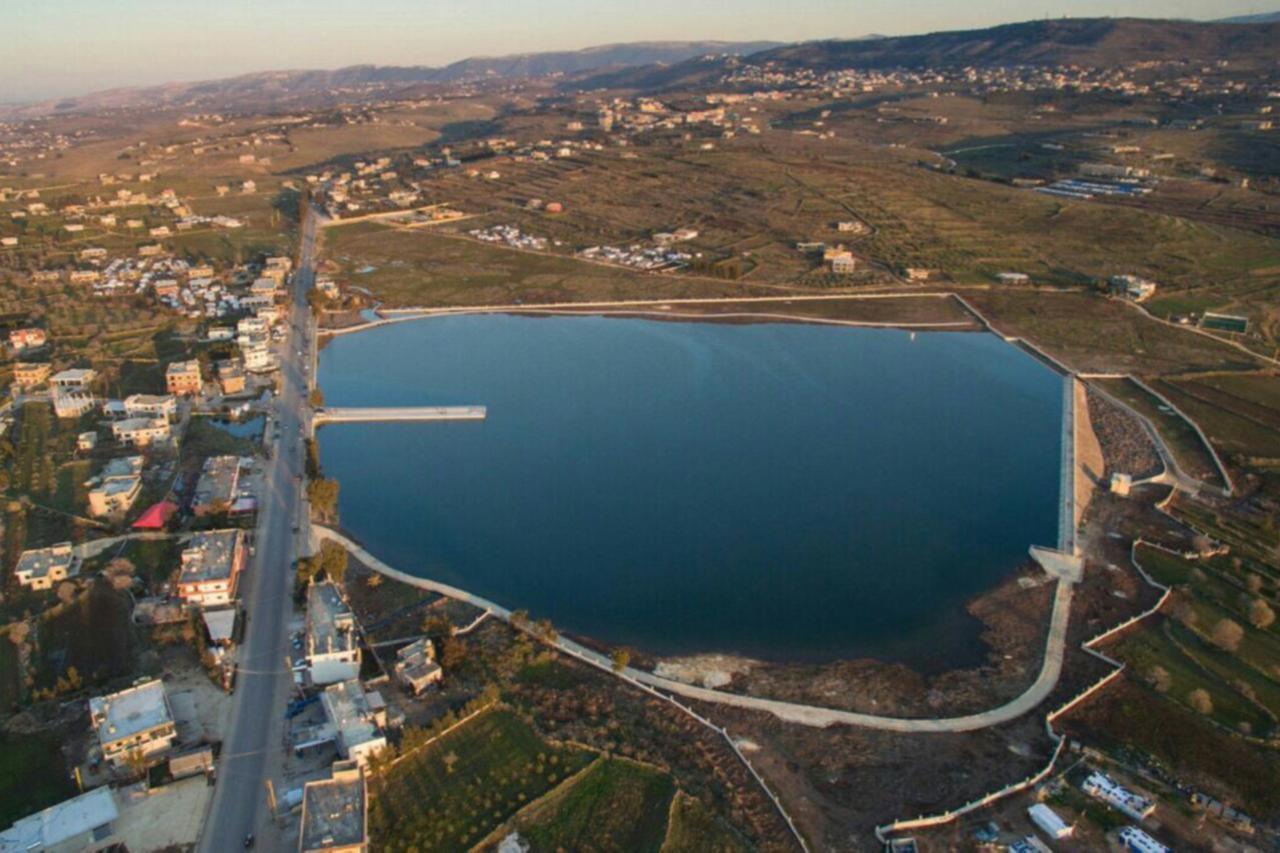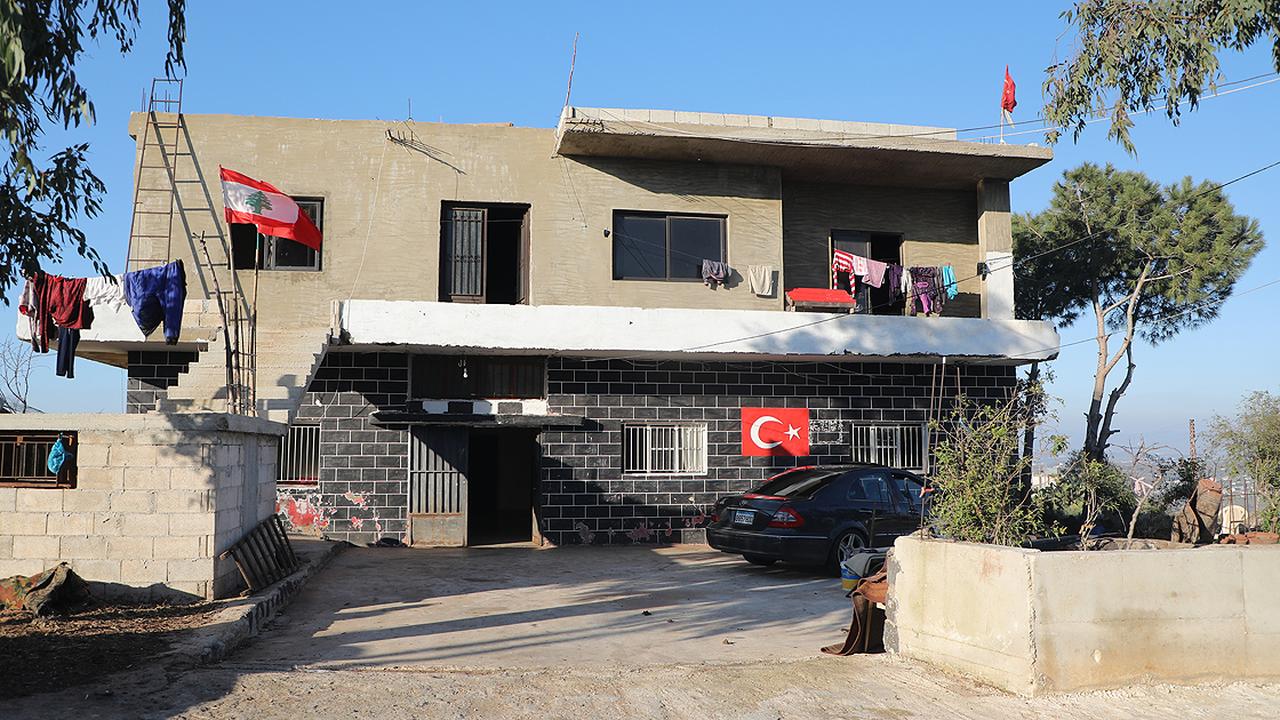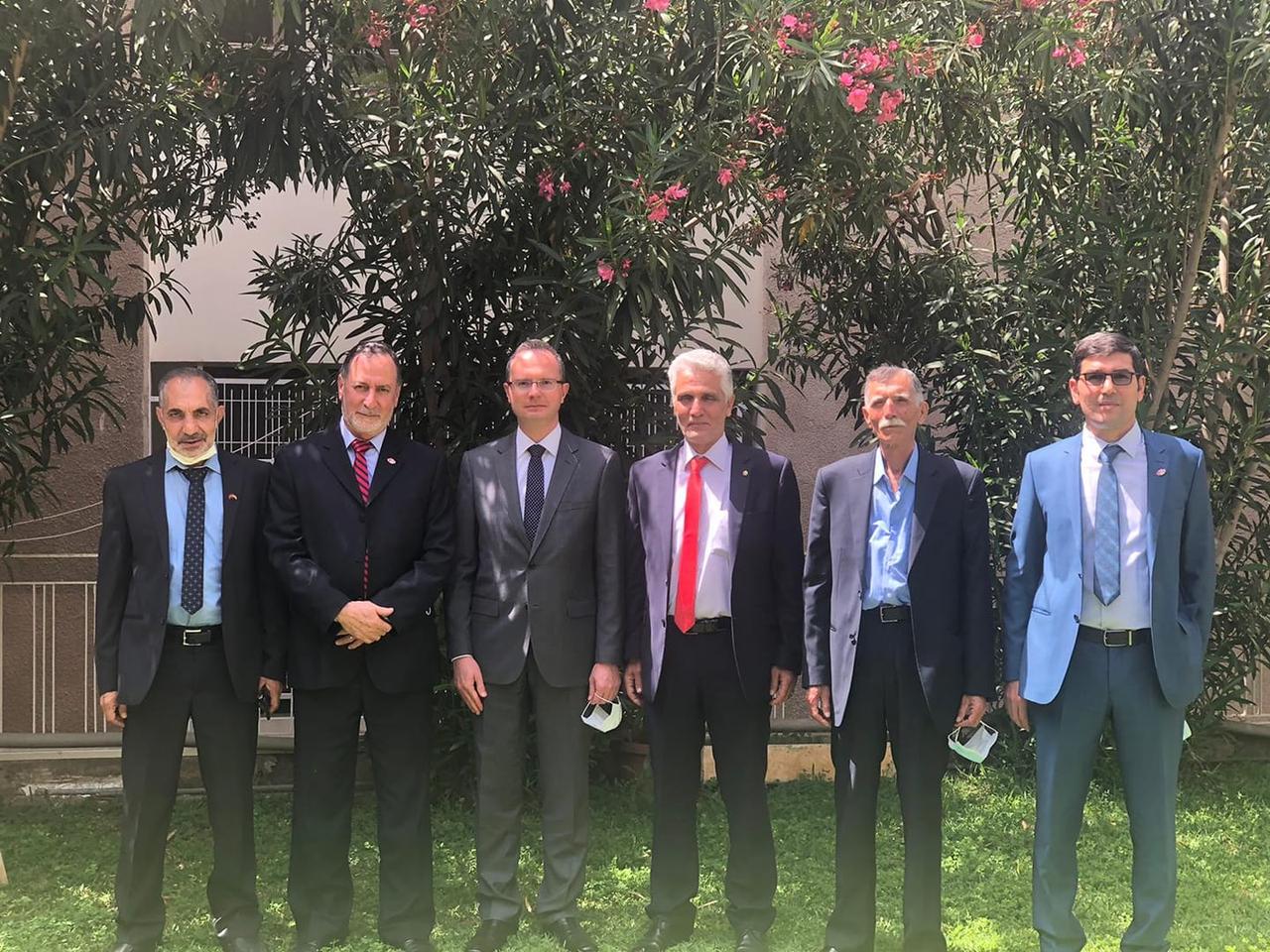
On the northern edge of Lebanon, the small village of Kouachrah in the Akkar region of Lebanon preserves its centuries-old Turkish language—a legacy passed down through generations of descendants of Ottoman soldiers who settled there over 500 years ago.
With a population of around 2,800 residents—all of Turkish descent—the village remains a living echo of its Ottoman past.
The residents of Kouachrah trace their roots back to Ottoman soldiers who were stationed in the region during military campaigns.
When the Ottoman Empire withdrew from the area in 1914, Kouachrah’s ties to Türkiye were severed. Yet the village’s residents, of Turkish descent, chose to remain on their land.
To this day, they continue to live in the village, preserving the old Turkish language and many Ottoman-era customs and traditions.
This linguistic continuity reflects the longstanding historical and cultural ties between Türkiye and the Levant. In Kouachrah, Turkish remains in use as a household language, is taught to children, and features in traditional ceremonies such as weddings, despite the end of the Ottoman Empire decades ago.

Former mayor of Kouachrah, Mohammad Abdel Karim Mohammad, told Al Jazeera that the village’s 3,200 residents—who were granted Lebanese citizenship beginning in the 1930s—continue to use the Turkish language in daily life, with an estimated usage rate of 60 to 70 percent.
Situated 131 kilometers north of Beirut, the village relies mainly on agriculture and government employment. Yet signs of poverty and neglect remain visible; some residents still depend on animals for transportation.
As for how the village’s residents originally came to settle in the area, Mohammad explained that the Ottoman authorities had brought in several families and stationed them there to monitor ongoing disputes between members of the prominent feudal families Al-Marabi and Al-Jaafar. When the Ottomans withdrew from Lebanon following Türkiye’s defeat in World War I, the settlers had already adapted to life in the region—and chose to stay.
The Turkmen population in Lebanon is estimated to number in the tens of thousands, with communities spread across various parts of the country. The northern Akkar Governorate hosts the largest concentration, particularly in the villages of Kouachrah and Aidamoun—the two main Turkmen settlements—along with Debabiyeh, Dousseh, and Wadi Al-Jamous.
In the eastern Bekaa Valley, Turkmen are found in the city of Baalbek and in villages such as Naanaaieh, Shuhamiyyeh, Addous, and Hadidiyeh.
Smaller Turkmen communities also exist in the southern city of Sidon, the northern town of Qalamoun, the capital Beirut, the northern city of Tripoli, and in Al-Dinniyeh district, particularly in the village of Hawwara.
Tripoli is also home to Cretan Turks, whose ancestors settled there after the Ottoman Empire lost control of Crete in 1897. While many Cretans moved to Turkish cities such as Mersin and Izmir, some migrated to Tripoli and Damascus.
In Beirut, there is also a community of Mardin Turks, originally from southeastern Türkiye, who left due to economic hardship and unemployment. Speaking both Arabic and Turkish, Mardin Turks integrated more quickly into Lebanese society.
Some of the most well-known Turkmen family names in Lebanon include Gourli, Aytawi, Koca, Hareek, Karahamit, Othman, Kasan, Bazan, Melhem, Thalouj, Kanjo, and Ozdemir.
Kouachrah stands out as one of the few villages where residents have successfully preserved their identity and continue to speak Turkish to this day. The village’s population is estimated at around 5,000.
While no official census data exists, observers estimate that Lebanon’s Turkmen number in the tens of thousands, with the majority residing in the Akkar region.

The first official contact between Türkiye and the village took place in the early 1980s, when then-Ambassador İbrahim Dikli visited the community.
Since then, relations between the village and the Turkish homeland have steadily strengthened through ongoing communication with successive ambassadors.
Turkish Foreign Minister Ahmet Davutoğlu visited the village in 2010, leaving behind a commemorative monument and a public water fountain as a symbol of Türkiye’s enduring solidarity with its longstanding descendants.
Following that initial contact, the Turkish government has supported the village with several development projects, including a potable water network, an electricity generator, and computers for local schools.
The Turkish Cooperation and Coordination Agency (TİKA) has also played a significant role in Lebanon, with Türkiye maintaining a strong presence through its ongoing support to the Lebanese people—particularly in the fields of education and school construction.
Additionally, Türkiye provides at least five annual scholarships to help students pursue higher education. A new building has been constructed for the village’s secondary school, with plans to convert the existing facility into a cultural center. Furthermore, a mosque and a community hall have also been established.